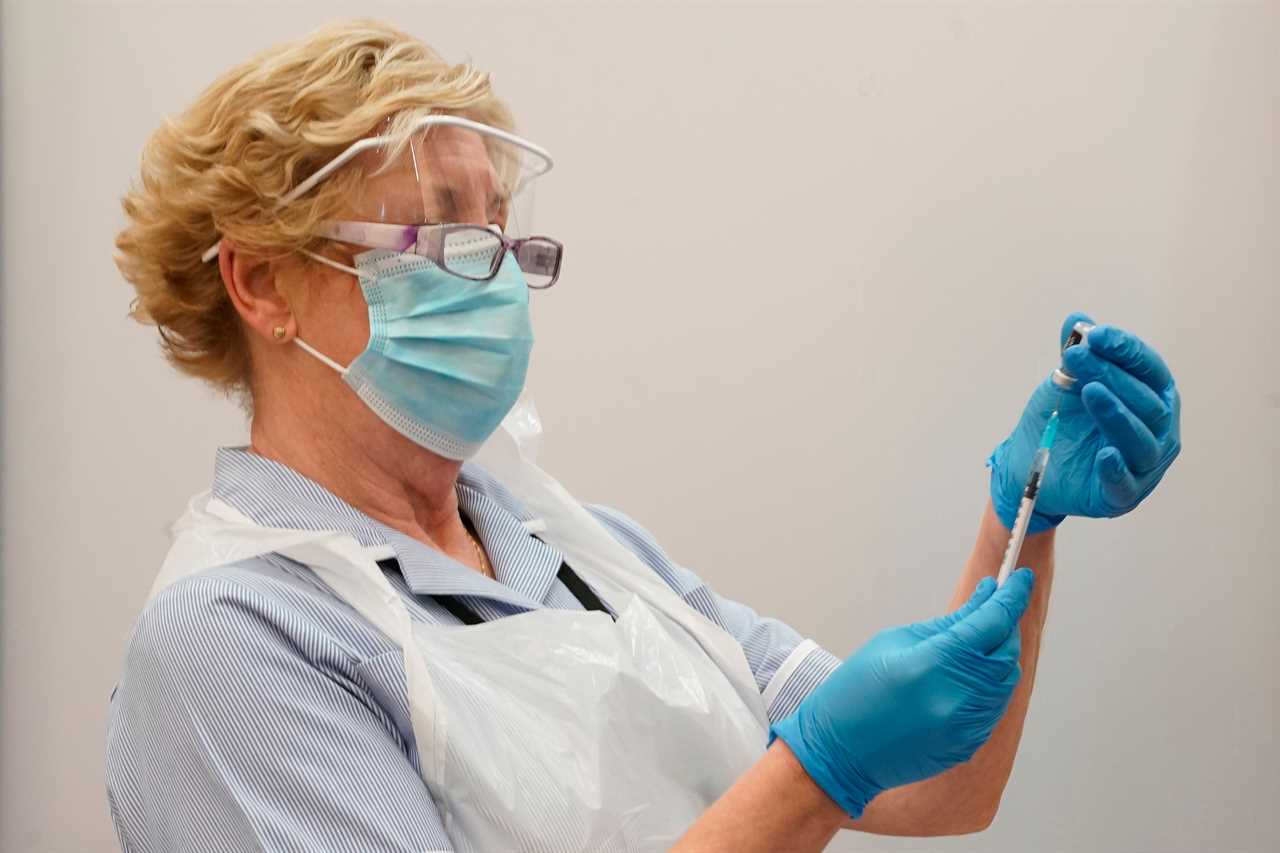NEW vaccines could tackle all respiratory viruses including Covid-19 variants and common colds, experts have claimed.
Researchers have said that a new combination could mean that these viruses could be eliminated at the start – helping to stop a rapid spread as we have seen with Delta and Beta Covid variants.

As part of the study, published in Nature, they found that past exposure to other coronaviruses may speed up the clearance of Covid-19.
In order to prevent viruses spreading amongst the population, experts say future vaccines should aim to induce an immune response against specific proteins that are essential for the earliest stages of the viral cycle.
Jabs that activate immune memory cells, known as T cells could help eliminate viruses at the start as they would attack infected cells from the offset.
This development could complement Covid-19 vaccines currently being rolled out across the UK.
It would help protect against animal coronaviruses, as well as Covid-19 and the common cold.
Experts at UCL and St Bartholomew’s analysed the immune responses of London-based healthcare workers from the start of the first wave of the pandemic in the UK.
Rather than having avoided infection completely, a subset of healthcare workers appear to have experienced a transient low-level (abortive) infection, not detectable by routine tests.
But it generated T cells specific to Covid – compatible with this, the same individuals also had a low-level increase in another blood marker of viral infection.
Senior author Professor Mala Maini, of UCL Division of Infection & Immunity said the research showed that people who naturally resisted detectable Sars-CoV-2 infection generated memory T cells that target infected cells expressing the replication proteins, part of the virus’s internal machinery.
She explained: “These proteins – required for the earliest stage of the virus’s life cycle, as soon as it enters a cell – are common to all coronaviruses and remain ‘highly conserved’, so are unlikely to change or mutate.
“A vaccine that can induce T cells to recognise and target infected cells expressing these proteins, essential to the virus’s success, would be more effective at eliminating early Sars-CoV-2, and may have the added benefit that they also recognise other coronaviruses that currently infect humans or that could in the future.
“T cells recognising the virus’s replication machinery would provide an additional layer of protection to that provided by the spike-focused immunity that is generated by the already highly efficacious current vaccines.
‘STOP IT IN ITS TRACKS’
“This dual-action vaccine would provide more flexibility against mutations, and because T cells can be incredibly long-lived, could also provide longer-lasting immunity.
“By expanding pre-existing T cells, such vaccines could help to stop the virus in its tracks at a very early stage.”
The research was funded by the National Institute for Health Research and UK Research and Innovation’s UK Coronavirus Immunology Consortium and lead author, Dr Leo Swadling, of UCL Division of Infection & Immunity said the study sheds light on how people were infected.
He said: “The healthcare workers that were able to control the virus before it was detectable were more likely to have these T cells that recognise the internal machinery before the start of the pandemic.
“Previous common cold exposure may have given these individuals a head start against the virus, tipping the balance in favour of their immune system eliminating the virus before it could start to replicate.”






